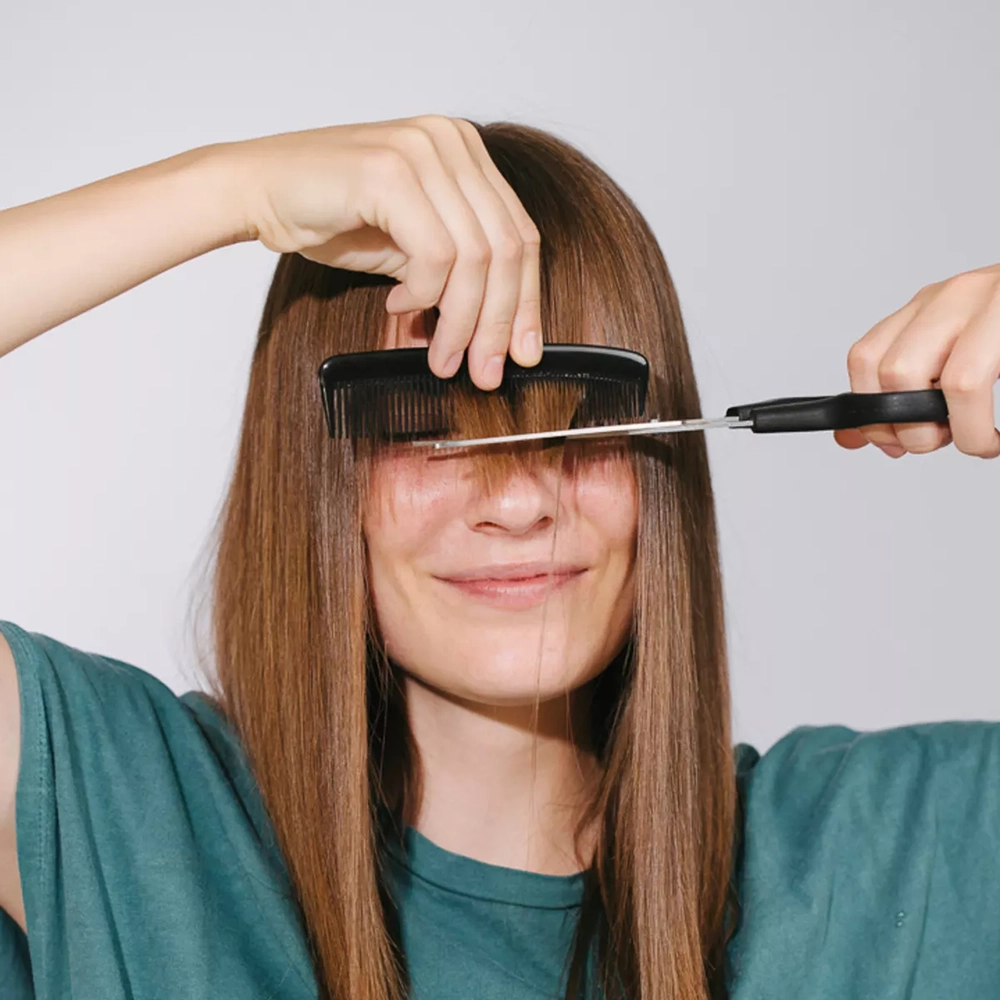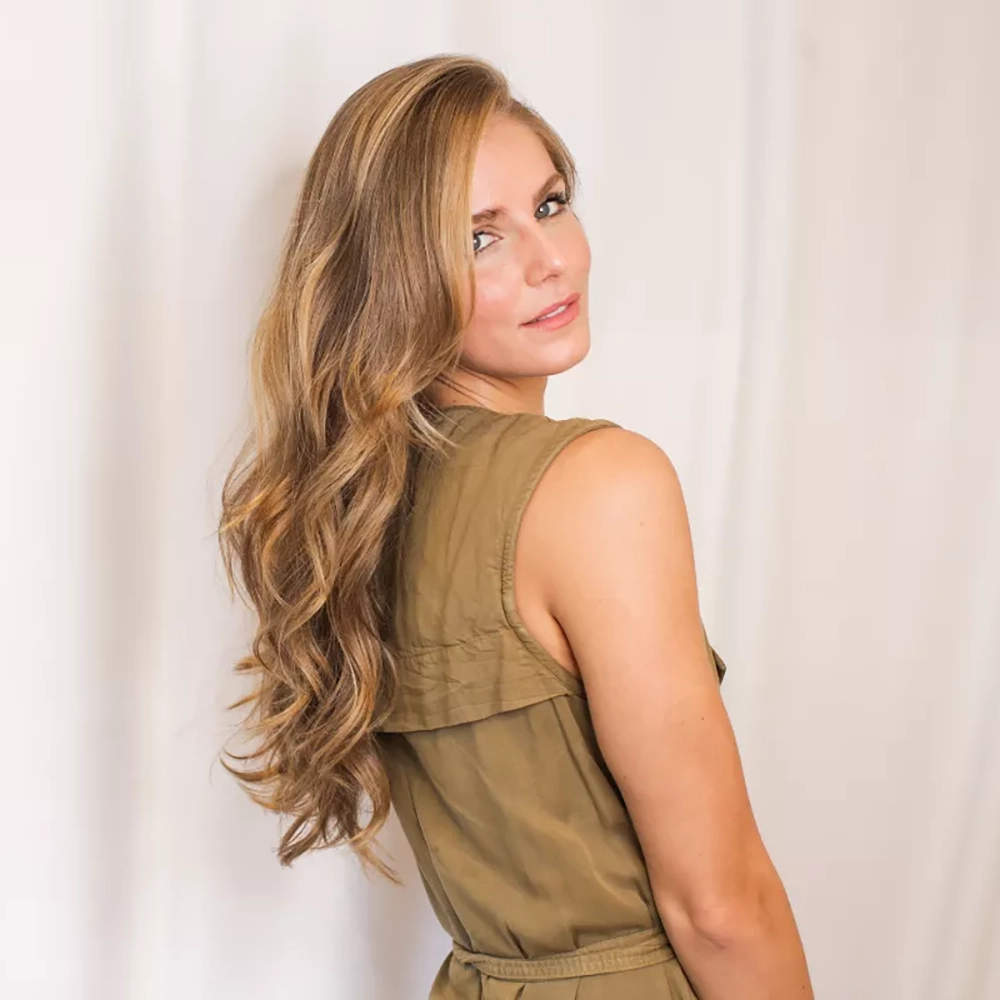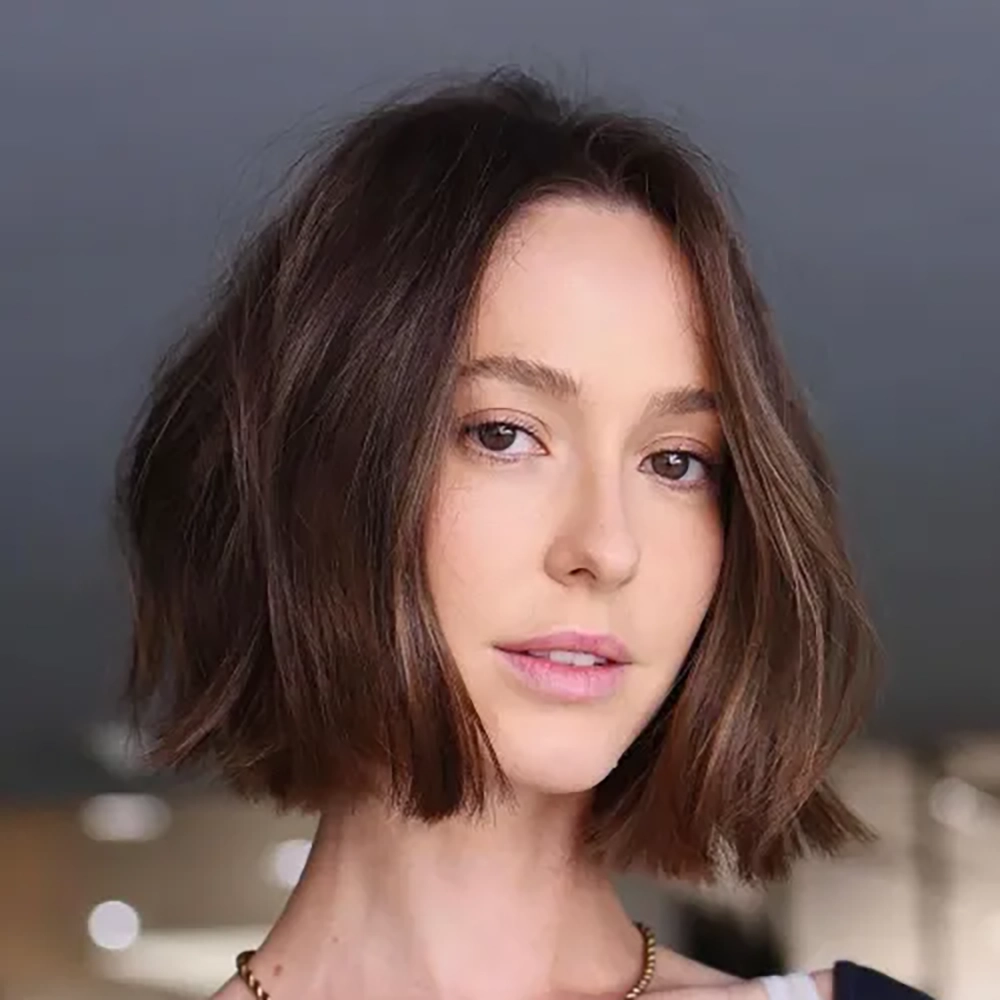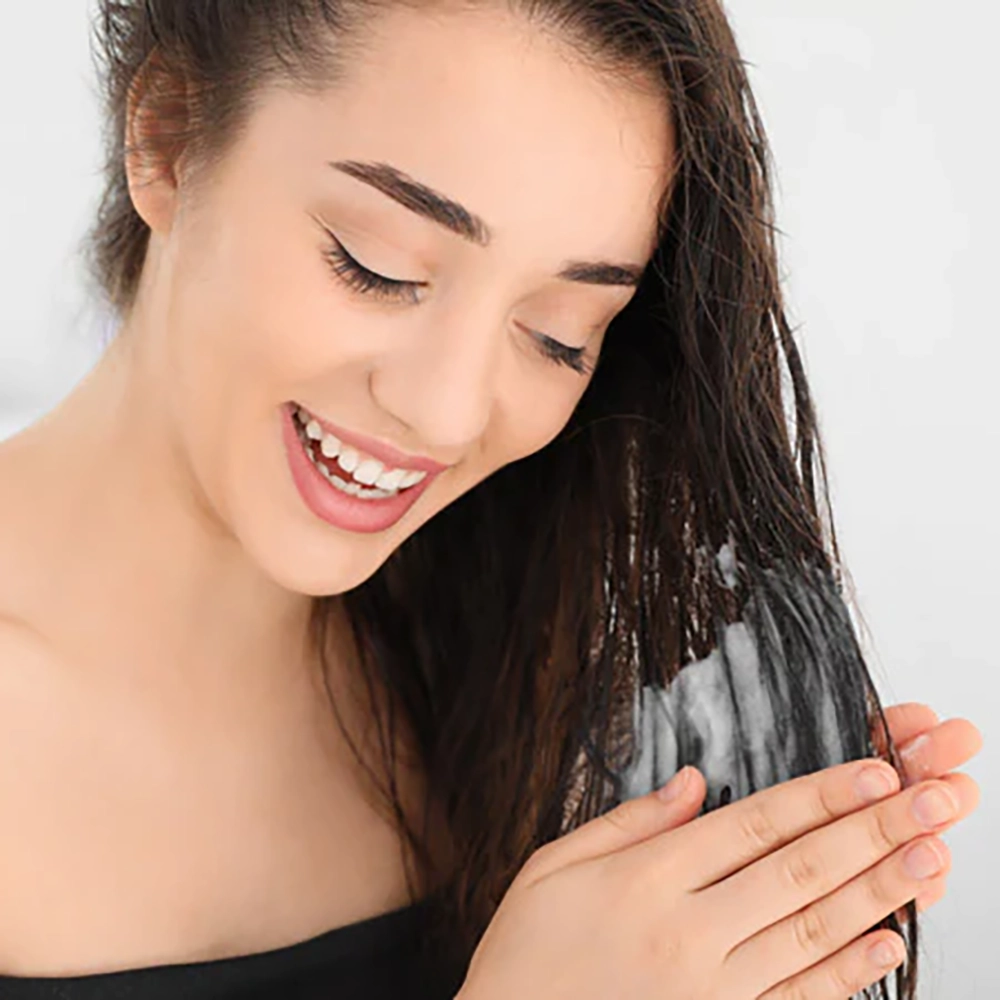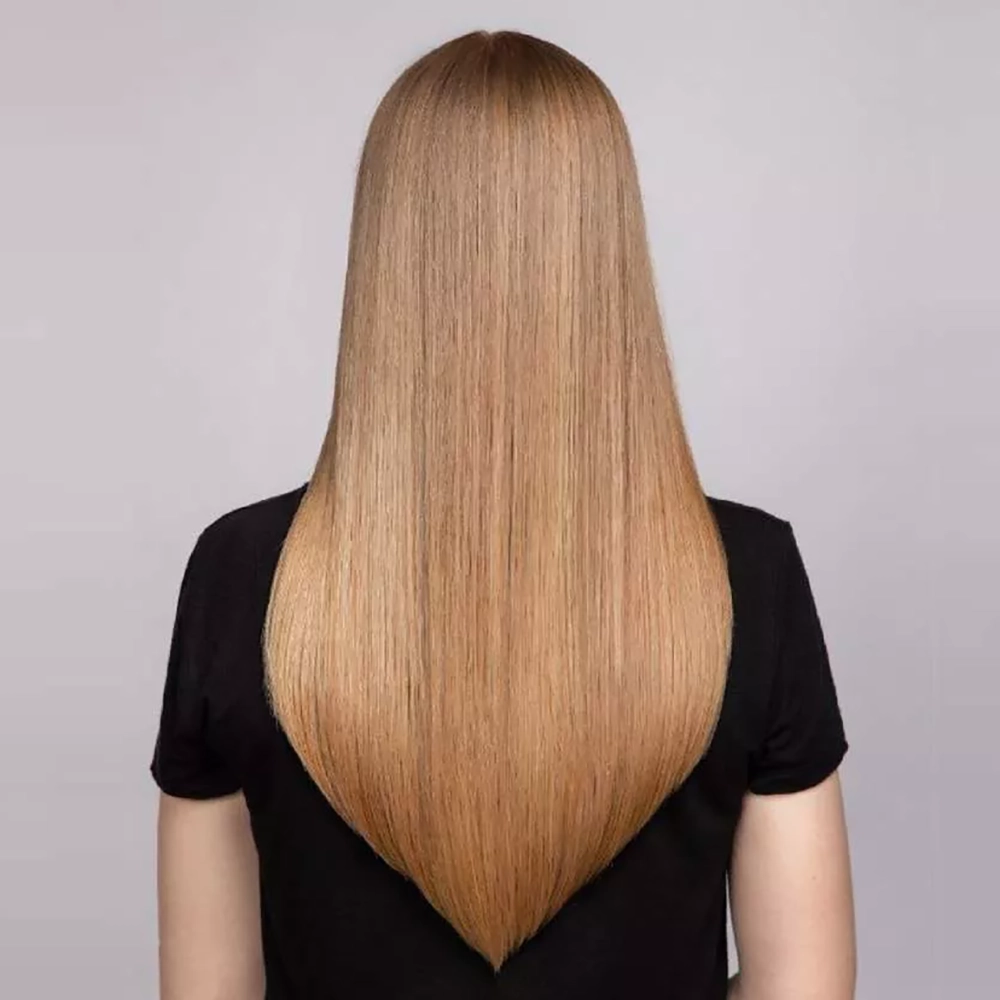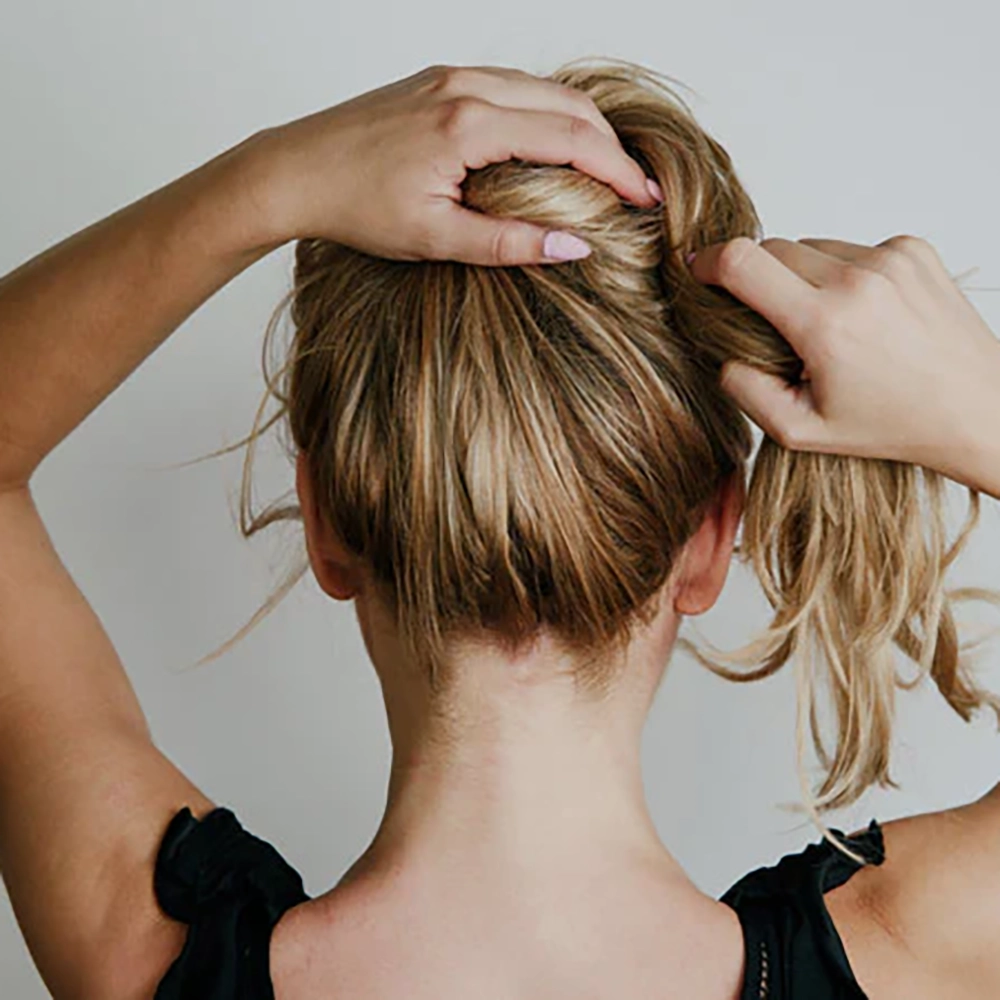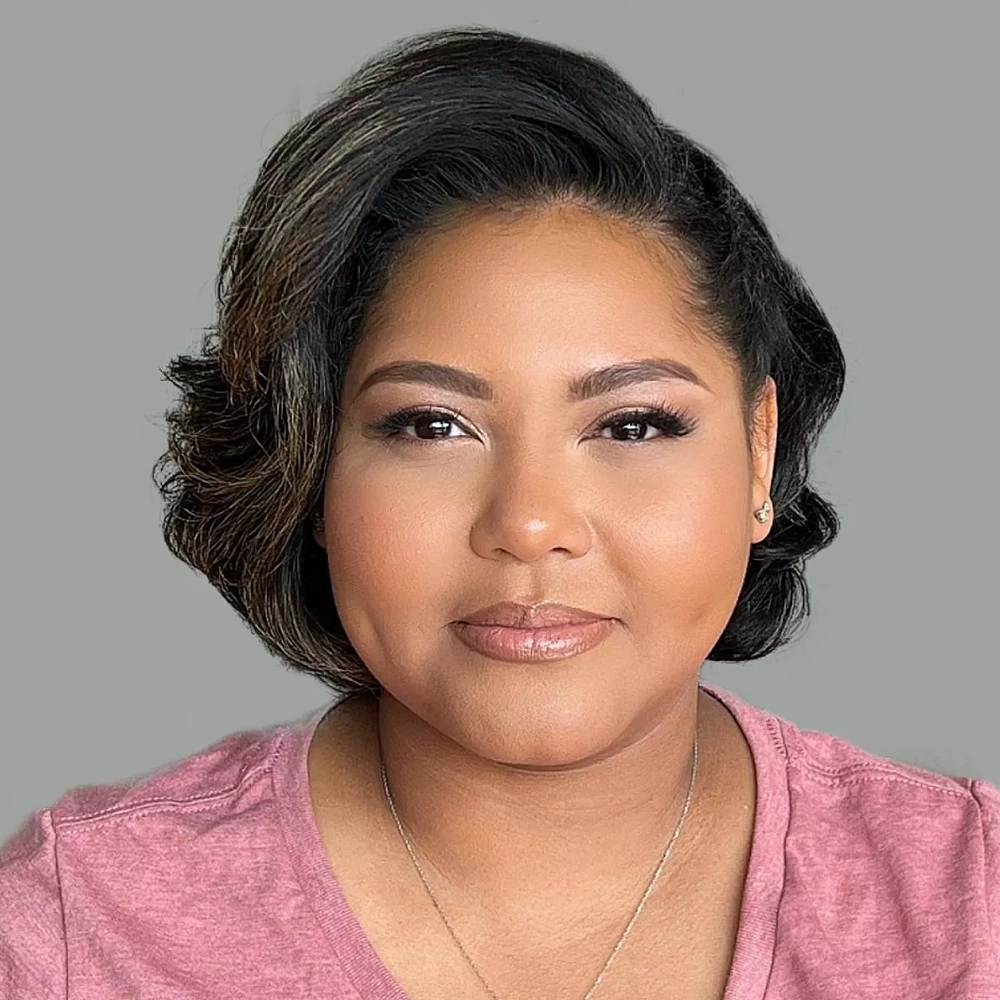Understanding the Impact of Hair Length
When it comes to hair, length is a defining factor in our overall appearance. Whether we prefer long, flowing tresses or a short, cropped cut, the length of our hair can significantly impact our style and self-esteem. But beyond aesthetics, did you know that hair length can also have an impact on our hair health? In this blog post, we will delve into the various ways in which hair length can affect the overall health and wellbeing of our locks.
First and foremost, let’s talk about hair growth. The length of our hair is directly correlated to the rate at which it grows. On average, hair grows approximately half an inch per month. This means that the longer your hair is, the longer it takes for it to grow from the roots to the ends. This slower growth rate can sometimes lead to concerns about hair thinning or lack of volume, especially for those with longer hair. It’s important to understand the natural growth cycle of hair and manage our expectations accordingly.
Additionally, hair length can also impact the overall health of our scalp. Longer hair tends to require more maintenance to keep it healthy and free from damage. The weight of long hair can put strain on the roots, potentially leading to hair breakage or even traction alopecia, a condition characterized by hair loss due to excessive tension on the hair follicles. Therefore, individuals with longer hair should be extra diligent in adopting a proper hair care routine and using the right products to nourish and protect their locks.
<!—List tag—>
Listed below are some potential benefits and drawbacks of short hair:
- Benefits of Short Hair:
- Short hair requires less maintenance and styling compared to long hair.
- Short hair can be more comfortable, especially during hot weather.
- Short hair may give the appearance of thicker and fuller-looking hair.
- Drawbacks of Short Hair:
- Short hair may require more frequent visits to the salon to maintain the desired length and shape.
- Short hair may limit certain styling options compared to longer hair.
- Short hair may require styling products for added texture and definition.
<!—Table tag—>
Furthermore, understanding the impact of hair length can also help us make informed decisions about our hairstyle choices. Whether you opt for short or long hair, it’s crucial to consider your individual hair type, lifestyle, and personal preferences. Remember, what works for one person may not work for another, so embrace the length that makes you feel confident and comfortable!
The Potential Benefits of Short Hair
Short hair has been a popular choice among men and women alike for many years. While some people opt for short hair for style or convenience, there are actually several potential benefits to having shorter locks. In this blog post, we will explore some of the advantages that come with having short hair and how it can positively impact your daily life.
1. Low Maintenance: One of the biggest advantages of having short hair is the minimal effort required to maintain it. With shorter strands, there is less hair to wash, dry, and style, saving you both time and energy in your daily routine. This can be especially beneficial for those with busy schedules or those who prefer a more relaxed approach to their hair care.
2. Improved Hair Health: Contrary to popular belief, cutting your hair shorter can actually promote healthier strands. Trimming the ends regularly helps to remove split ends and prevents further damage. Additionally, shorter hair is less prone to breakage and tangling, as it is not as exposed to external factors such as friction from clothes or harsh weather conditions.
3. Versatile Styling: Short hair offers a wide range of styling options that can suit various occasions and personal preferences. From sleek pixie cuts to trendy bob hairstyles, there are endless possibilities for expressing your style and personality with short hair. You can experiment with different textures, colors, and accessories to create unique looks that reflect your individuality.
Overall, the potential benefits of having short hair are numerous. From low maintenance to improved hair health and versatile styling options, short hair can be a convenient and stylish choice for anyone. Whether you are considering a change in hairstyle or simply curious about the advantages of shorter locks, embracing the potential benefits of short hair may just be the change you’ve been looking for!
Exploring Short Hair’s Impact on Hair Health
Short hair has become increasingly popular in recent years, as more and more individuals are opting for this stylish and low-maintenance look. But what effect does short hair actually have on the health of our hair? Let’s delve into the impact of short hair on hair health and explore its benefits.
1. Increased Hair Growth: Contrary to popular belief, cutting our hair short does not stimulate hair growth. Hair grows from the roots, not the ends. However, when we have shorter hair, it may appear to grow faster because the difference in length is more noticeable. Plus, regular hair trimming can help eliminate split ends and breakage, promoting healthier hair growth.
2. Improved Scalp Health: Short hair allows for better access to the scalp, making it easier to keep it clean and maintain hygiene. Washing the scalp thoroughly helps remove excess oil, dirt, and product buildup that can clog the hair follicles and lead to hair loss or scalp issues. A clean and healthy scalp is crucial for optimal hair growth.
3. Reduced Hair Damage: Long hair is more prone to damage from factors like heat styling, chemical treatments, and environmental pollutants. Short hair, on the other hand, is less likely to be subjected to excessive damage as it is generally less exposed to these external stressors. By minimizing the risks of damage, short hair helps maintain the overall health and integrity of our hair.
So, if you’re contemplating chopping off your locks, rest assured that short hair can actually have a positive impact on the health of your hair. It promotes hair growth, improves scalp health, and reduces the risk of damage, leading to healthier and more vibrant hair overall.
Table: Potential Benefits of Short Hair on Hair Health
| Benefit | Description |
|---|---|
| Increased Hair Growth | Short hair doesn’t directly stimulate growth, but it appears to grow faster due to less noticeable length difference. Regular trims help eliminate split ends. |
| Improved Scalp Health | Short hair allows easier access to the scalp for thorough cleaning, which removes excess oil, dirt, and product buildup. |
| Reduced Hair Damage | Short hair is less exposed to heat styling, chemical treatments, and environmental pollutants, minimizing the risk of damage. |
In conclusion, exploring the impact of short hair on hair health reveals various benefits. While it may not directly stimulate hair growth, short hair can make it appear faster due to the more noticeable length difference. Additionally, it allows for improved scalp health by facilitating thorough cleaning and reduces the risk of hair damage caused by external stressors. So, embrace the short hair trend and enjoy the benefits it brings to your hair health!
The Science Behind Short Hair and Health
When it comes to hair, length has always been a topic of interest. Many people prefer long, flowing locks, while others opt for the convenience and style of short hair. But what impact does hair length actually have on our health? Is there any scientific basis behind the notion that short hair can be beneficial for our overall well-being? Let’s dive into the science behind short hair and health.
Firstly, it’s important to understand that hair length itself does not directly affect our physical health. The length of our hair is determined by the individual hair follicles on our scalp, which have a predetermined growth cycle. However, the style and maintenance of short hair can indirectly impact our health in several ways.
One potential benefit of short hair is its ability to promote better scalp health. With shorter hair, it is easier to thoroughly cleanse the scalp and keep it free from dirt, oil, and product build-up. This can help prevent issues such as dandruff, scalp infections, and folliculitis. Additionally, a clean and well-maintained scalp is essential for healthy hair growth, so short hair can indirectly contribute to overall hair health.
Another aspect to consider is the impact of short hair on our mental and emotional well-being. Many individuals find short hairstyles to be liberating and empowering. Short hair can boost self-confidence and create a sense of boldness and individuality. Having a positive body image and self-esteem can have a significant impact on our overall health and well-being.
- Short hair can promote better scalp health.
- Short hairstyles can boost self-confidence.
Furthermore, short hair can have practical advantages that contribute to our overall health. Shorter hairstyles require less time and effort to style, which means less exposure to heat styling tools and chemical hair products. This can minimize damage to the hair shaft and reduce the risk of hair breakage or split ends. Additionally, shorter hair can be beneficial for those who lead an active lifestyle, as it is less likely to get tangled or weigh us down during physical activities.
| Practical Advantages of Short Hair |
|---|
| Less time and effort to style |
| Reduced exposure to heat styling tools and chemical products |
| Easier maintenance during physical activities |
In conclusion, while there is no direct scientific evidence supporting the idea that short hair is inherently healthier than long hair, there are various ways in which short hair can indirectly benefit our overall health and well-being. From promoting scalp health to boosting self-confidence and providing practical advantages, the science behind short hair and health is more multifaceted than it may seem at first glance.
Short Hair Maintenance for Optimal Health
Short hair maintenance is an important aspect of ensuring optimal health for your hair. While shorter haircuts may require less time and effort to style, it does not mean that they are completely maintenance-free. Just like with any other hair length, proper care and attention are necessary to keep your short hair looking and feeling its best.
One of the key aspects of short hair maintenance is regular trimming. Unlike long hair that can hide split ends, short haircuts tend to show signs of damage more visibly. To keep your short hair looking fresh and healthy, it is recommended to visit your hairstylist every 4-6 weeks for a trim. This will help to get rid of any split ends and promote hair growth.
In addition to regular trims, proper cleansing and conditioning are crucial for maintaining optimal hair health. Short hair is more prone to oil build-up since its length does not allow for as much distance for the natural oils to travel down the hair strands. To prevent greasiness and maintain a clean scalp, it is recommended to wash your short hair every 1-2 days using a gentle shampoo and conditioner suitable for your hair type.
- Choose the right styling products: When it comes to short hair, choosing the right styling products can make a significant difference. Opt for lightweight styling products that provide hold and texture without weighing down your hair. Avoid using heavy waxes or gels that can make your hair appear greasy and flat.
- Protect your hair against heat: While styling short hair may require less time, it is still important to protect your hair against heat damage. Before using any heat styling tools, apply a heat protectant spray to shield your hair from the high temperatures. Additionally, limit the use of heat styling tools and embrace air-drying whenever possible.
- Nourish your hair from within: A healthy diet plays a vital role in maintaining the overall health of your hair. Make sure to consume a balanced diet rich in vitamins, minerals, and protein. Foods such as salmon, avocado, eggs, and spinach are known to promote hair health and growth.
In conclusion, short hair maintenance is essential for achieving optimal hair health. Regular trims, proper cleansing and conditioning, and using the right styling products are all key elements in keeping your short locks looking their best. By incorporating these practices into your hair care routine and nourishing your hair from within, you can ensure that your short hair remains healthy, vibrant, and full of life.
Debunking Common Myths About Short Hair Health
Short hair has always been a popular choice for many people due to its convenience and versatility. However, there are several myths surrounding the impact of short hair on hair health. In this blog post, we will debunk some of the common myths about short hair health and provide you with the facts.
Myth 1: Short hair means less hair growth
One of the most common misconceptions about short hair is that it hinders hair growth. However, the length of your hair has no direct impact on its growth rate. Hair growth is determined by various factors such as genetics, overall health, and hormonal balance. Cutting your hair short does not affect these factors and will not prevent your hair from growing. In fact, regular haircuts can promote healthier hair by removing split ends and preventing breakage.
Myth 2: Short hair is less prone to damage
While it is true that short hair is less likely to suffer from certain types of damage, such as split ends, it is not completely immune to damage. Short hair can still be exposed to environmental factors, heat styling tools, and chemical treatments, which can all cause damage and weaken the hair. Proper hair care and maintenance are essential regardless of hair length to keep your hair healthy and strong.
Myth 3: Short hair requires less maintenance
Short hair is often perceived as low-maintenance, but this is not always the case. While it may require less time for styling compared to longer hair, short hair still requires regular washing, conditioning, and styling to keep it looking its best. Additionally, maintaining the shape of a short haircut may require more frequent visits to the hair salon. It’s important to establish a proper hair care routine based on your hair type and style, regardless of its length.
Debunking these common myths about short hair health is crucial for understanding the true impact of short hair on hair health. The length of your hair does not dictate its growth rate, short hair can still be damaged, and proper maintenance is necessary for keeping short hair healthy. So, if you’ve been hesitant to try a short hairstyle due to these myths, don’t let them hold you back. Embrace the versatility and convenience of short hair while taking care of it properly, and you’ll enjoy healthy and stylish locks.
Enhancing Hair Health with Short Hairstyles
In recent years, short hairstyles have become increasingly popular among both men and women. Many people choose short haircuts for various reasons, including convenience, style, and personal preference. However, what many individuals may not realize is that short hairstyles can also have a positive impact on hair health. In this blog post, we will explore the various ways in which short hairstyles can enhance hair health and bring about overall well-being.
Short hairstyles have several potential benefits when it comes to hair health. One important aspect to consider is that shorter hair is typically easier to maintain and keep clean. With shorter strands, there is less surface area for dirt, oils, and product buildup to accumulate. This means that individuals with short hairstyles may find it easier to maintain a clean scalp and promote healthier hair. Additionally, with less hair to manage, individuals may spend less time styling, reducing the use of damaging heat tools and chemicals that can cause hair damage.
Another advantage of short hairstyles is the reduced risk of hair breakage and damage. Longer hair is more prone to breakage, especially at the ends, due to daily friction, styling, and environmental factors. Shorter hair, on the other hand, experiences less stress and tension, resulting in reduced breakage. This can lead to overall healthier hair that is less susceptible to split ends and frizz.
- Convenience: Short hairstyles are often more convenient to manage and style, requiring less time and effort compared to longer hairstyles.
- Reduced heat damage: With short hair, there is less surface area for heat styling tools to come into contact with, reducing the risk of heat damage.
- Improved scalp health: Short hairstyles allow for better airflow to the scalp, reducing the likelihood of scalp issues such as dandruff and itchiness.
| Short Hair Benefits | Long Hair Challenges |
|---|---|
| Less maintenance | Requires more time and effort to maintain |
| Reduced breakage and split ends | More prone to breakage and split ends |
| Easier to keep clean | Buildup of dirt, oils, and product is more likely |
While short hairstyles offer numerous benefits for hair health, it is important to choose a style that suits your individual hair type and preferences. Consulting with a professional hair stylist can help you determine the best short hairstyle for your hair type and face shape. Remember, maintaining a healthy scalp is equally important, so regular cleansing and moisturizing are key.
In conclusion, short hairstyles can greatly enhance hair health. From reducing breakage and split ends to promoting a clean and healthy scalp, short hairstyles offer a range of advantages. Whether you are looking for convenience, a stylish change, or a way to improve your hair’s condition, embracing a short hairstyle could be a beneficial choice for enhancing overall hair health.


